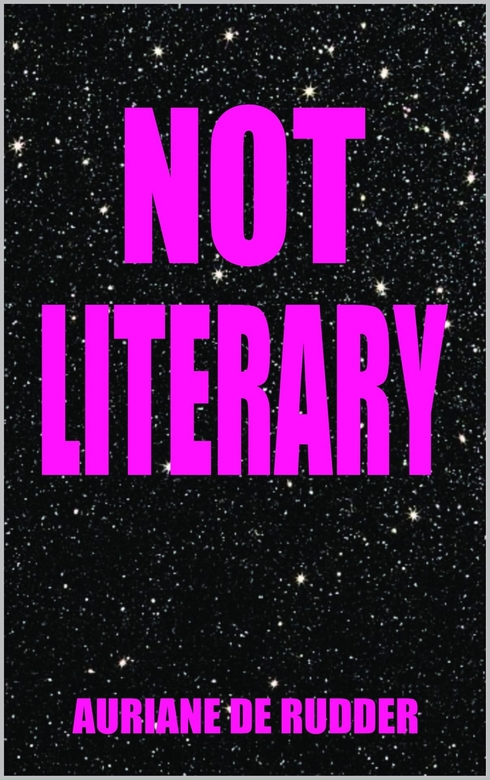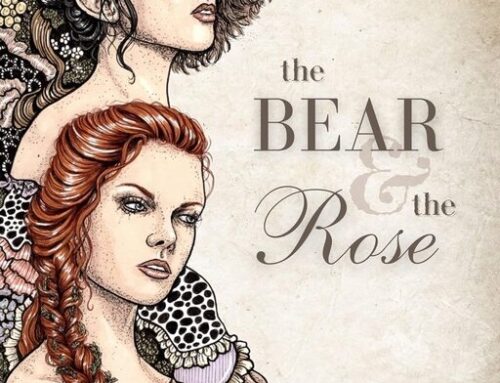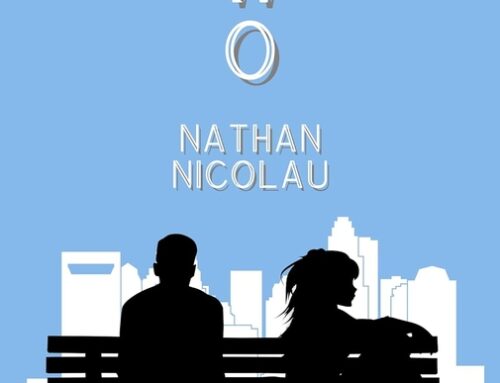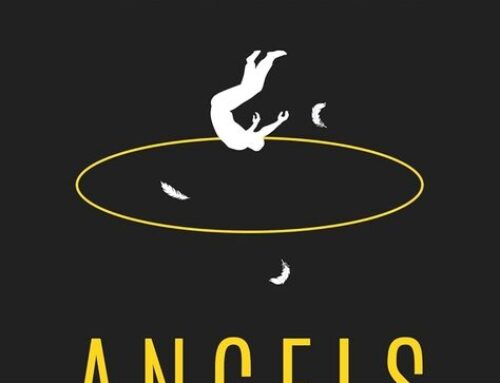
Auriane de Rudder’s collection of short stories Not Literary is a showcase of an original narrative voice and gritty realism.
De Rudder’s stories are peopled with those you see at four AM, drinking like sunrise depended on it; the type of characters you partied with one night that you can barely remember. Reminiscent of Brett Easton Ellis, de Rudder explores many of the same themes – moving the time period from the eighties to the significant trials of this century. De Rudder has captured the aimlessness of post 9/11 youth, raised on cynicism and fear, when there wasn’t much else to do but get wasted at a dodgy bar on Valentine’s Day.
The flow of de Rudder’s prose with the vernacular is so natural it’s like sitting with the oddball at the bar, listening to their stories. “The Literal Other Side of the Tracks,” the opening story, is carried by the wants and vices of a group of 18-year-olds: “Did you know turning 18 sucks, too? Yeah. It’s super lame.” So, they go to Mexico.
“The Literal Other Side Of The Tracks” is a story like many of us have had, remembered through a liquory haze, where you had to be there to believe it. “Babycorn” serves as a time machine for the early part of the century, opening with: “The year was 2004. GW had just won his second term as US president, and I was but a babe enrolled at the University of Baltimore.” The story, along with a few others, is set up much like a joke, ending on a punchline that ties the story together without being overly glib or snarky.
In “Our Friend Jason,” one of the longer pieces in the collection, de Rudder attempts a more solemn story. While it manages to steer away from sentimentality, there is an emptiness left from the lack of truly memorable moments preceding Jason’s fate to truly pack the emotional punch. However, that may be the purpose – a kind of aimlessness and apathy that seems to be in opposition to stories that are overly laden with meaning, which isn’t always so true to life. The foray into serious and consequential storytelling with “Ghost Party” gives the reader a taste of what de Rudder could do when tackling a longer, more emotional story, which works just as well as those stories that use humor as a kind of deflection.
Taking Not Literary as an entire piece of work, there is a clear effort on de Rudder’s part to experiment with style and form, while staying true to her natural voice. Her humor offsets the often dark and dangerous intoxication of her young heroines – frequently in dialogue, but through expositional insight as well. She has also managed to create a deeply nostalgic atmosphere in the work, with little moments of astute description: a finger wrapping around the wire as you speak to a friend over the phone, Kelly Clarkson in the charts blaring from a bar TV, cars with CD players and a changer in the trunk. The early 2000s feels like an age away now, but the atmosphere generated by those few descriptions perfectly places these stories in their time.
Overall, Not Literary is a vivacious collection of stories with a razor-sharp voice, and naturalistic dialogue that feels as if it were recorded directly from life, but with subtle linguistic flare that is anything but not literary.
Book Links
STAR RATING
Design
Content
Editing
Get an Editorial Review | Get Amazon Sales & Reviews | Get Edited | Publish Your Book | Enter the SPR Book Awards | Other Marketing Services























Leave A Comment